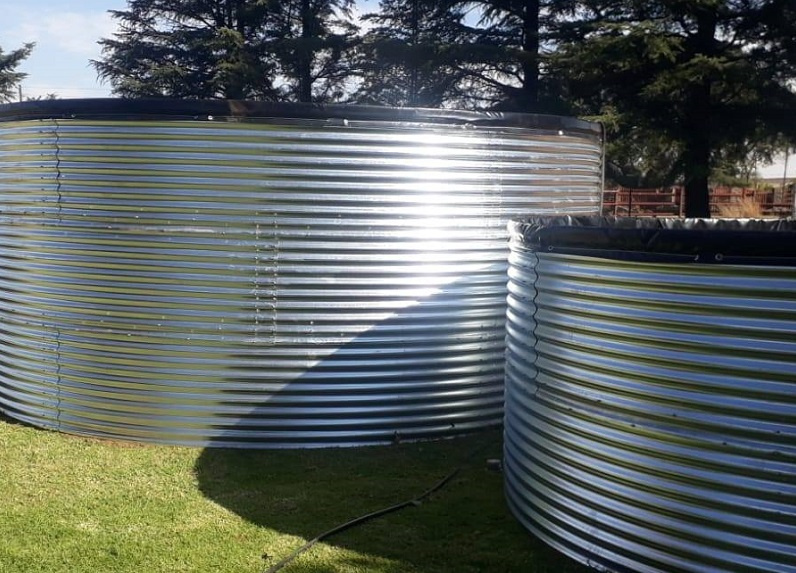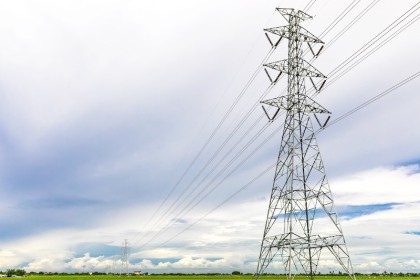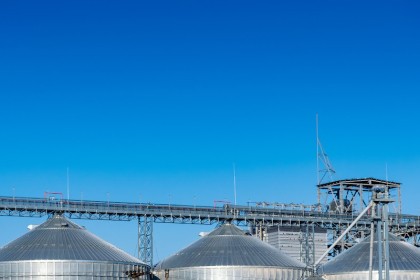
The Importance of Agricultural Water Tanks
Agriculture is one of the most crucial industries on earth. Without it, we would not have easy access to food and will not be able to survive and thrive. There are many aspects that ensure whether or not an agricultural crop succeeds. When it comes to fruits and vegetables the most important aspects consist of soil, nutrients, pest control, and water.
Without these aspects, plants cannot grow and provide us with the sustenance we need. We have come up with ways to easily prepare the soil, supplement nutrients, and prevent pest infestations; however, water is a little more difficult. For centuries farmers depended on the fickle and sometimes unpredictable weather patterns. They did eventually find ways of rooting water from dams and rivers to their farms, but still, this depended greatly on the natural rainfall cycles.
The solution to extra water storage came in the form of agricultural water tanks. In this article, we will discuss what agricultural water tanks are, what their benefits are, where to find them, and why rainwater is so important for healthy crop growth.
Water Sources
Agricultural water, the water used to irrigate crops, can vary in quality depending on where the water was sourced from. There are multiple sources from which one can draw to implement crop irrigation. Some of these sources include:
- Surface Water: This consists of water that can be sourced from dams, reservoirs, rivers, and open canals.
- Groundwater: This is water that has been typically sourced from wells or boreholes.
- Rainwater: This water source is self-explanatory, as it is water that has been collected in water tanks and barrels to be used at a later stage in irrigation.
- Municipal Water: Water can be sourced from the municipal water system for agricultural irrigation.
How Rainwater Affects Crops
The quality of water can be affected if proper planning has not been applied. Area effects such as animal farms, feedlots and industrial sites can decrease water quality which can affect how well a crop grows. These crops can even be contaminated by the germs in poor water and can cause the consumer of the crop to fall ill.
Thus, rainwater is the best option when comparing water sources as it does not contain the pollutants, salts, minerals or contaminants that one finds in other water sources.
What is an Agricultural Water Tank?
An agricultural water tank is typically used to collect and store rainwater. The water that has been collected is then used as a water source when irrigation is needed. Depending on the needs of the farmer different sizes can be acquired. One can also purchase multiple water tanks to ensure that one always has access to and an abundant supply of water.
The Benefits of an Agricultural Water Tank
There are multiple benefits to acquiring and installing an agricultural water tank and these include, but are not limited to:
- An Emergency Supply of Water: Should there be a season where rain is scarce an agricultural tank/s will ensure that you always have access to a water source.
- Reduced Water Costs: If you are currently making use of municipal water, you are probably paying a fortune in water bills. Installing your own water solution will ensure that your water expense decreases significantly.
- Access to Rainwater: As rainwater is a preferred source of water for agricultural purposes, it will be beneficial to your crops to have a constant supply.
How to Choose the Correct Agriculture Water Tank Suppliers
When choosing a water tank, it is important to ensure that the material used is durable and that the tank has a roof to ensure that the water is kept clean once it has been collected in the tank.
Where to Find an Agricultural Water Tank for Sale
It is hard to find a trustworthy agricultural water tank supplier that has a good product at a reasonable price. At AgrifoodSA we have done the work for you and found Alpha Damme, an agricultural water tank supplier that is sure to suit your needs. Visit our directory to find out more about what Alpha Damme can do for you.












